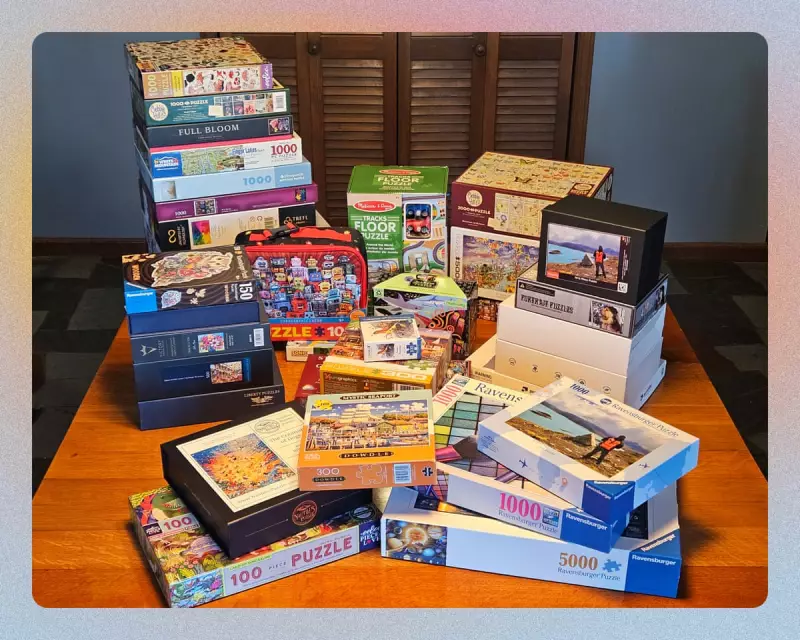
In an increasingly digital world, the humble jigsaw puzzle is experiencing a remarkable renaissance. What was once considered a quaint pastime for rainy afternoons has transformed into a powerful tool for mental wellbeing and cognitive enhancement.
The Cognitive Workout You Never Knew You Needed
Jigsaw puzzles provide what experts describe as a complete brain workout. When you work on a puzzle, both hemispheres of your brain engage simultaneously. The logical left brain analyzes patterns and sorts pieces, while the creative right brain visualises the bigger picture and recognises colours and shapes.
This bilateral coordination strengthens neural connections and increases the production of dopamine, a neurotransmitter that regulates mood, memory, and concentration. Regular puzzle solvers often report improved problem-solving skills in their daily lives, from work challenges to personal decision-making.
Mental Health Benefits Beyond Entertainment
The therapeutic value of jigsaw puzzles extends far beyond simple entertainment. Many mental health professionals now recommend puzzling as a form of active meditation. The focused attention required creates a state of flow, where worries about the past or future fade away, leaving you fully present in the moment.
This mindful state has measurable effects on stress reduction. Studies have shown that just 30 minutes of puzzle-solving can lower blood pressure and heart rate while reducing cortisol levels. For people dealing with anxiety or overwhelming thoughts, puzzles offer a structured way to calm the mind and regain a sense of control.
Why Puzzles Are Perfect For Modern Life
In our screen-dominated world, jigsaw puzzles provide a much-needed digital detox. Unlike passive entertainment like scrolling through social media, puzzles require active participation and deliver tangible results. The physical act of handling pieces and seeing a picture gradually emerge provides satisfaction that digital activities often lack.
Puzzles also foster social connection in an era of increasing isolation. Family puzzle nights have become popular again, bringing generations together around a shared activity. Many workplaces have introduced puzzle stations in break rooms, recognising their value in reducing stress and encouraging collaboration among colleagues.
The accessibility of jigsaw puzzles makes them particularly valuable. They require no special skills or equipment, can be done at any pace, and suit people of all ages and abilities. From simple children's puzzles to complex thousand-piece challenges, there's a puzzle for every skill level and interest.
As research continues to reveal the extensive benefits of this classic pastime, it's clear that jigsaw puzzles are more than just a way to pass the time. They're a powerful tool for maintaining mental fitness in our demanding modern world.






